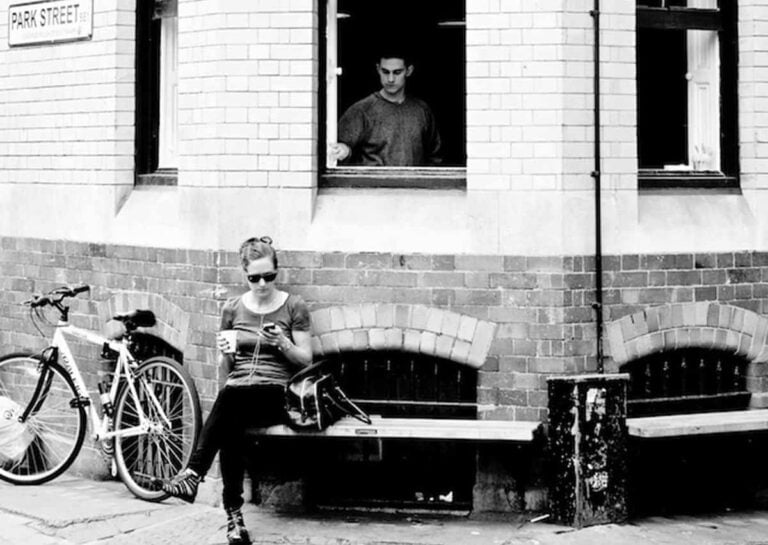Street photography is a growing art form thanks mainly to the many technological developments of the last decade or so: Digital cameras, price drops in DSLRs, camera phones, the onset of quality mirror-less cameras and even free online editing software, mean that photography has never been more accessible.
There’s certainly no need to worry about your subject – what could be more accessible than photographing the world around you?
A great way to get started in any new art form is to consume as much of it as possible – not to be derivative but to absorb its elements and its core before you embark on your own version of it.
There is a difference between creating art from what’s around you and simply getting snap happy for your social media. Having a voice through your images is infinitely more possible with street photography than with almost any other style.
It’s your chance to present your own view of the world. You could even attempt social commentary. Or simply preserve a moment of beauty or intimacy.
Street photography is the observational comedy of the photography world.
Street photography is all about seeing the opportunity. Life moves so quickly around us; the flap of a bird’s wing, the taxi whizzing past – blink and you miss it. So broadly speaking there are two approaches to street photography.
The first is to find your “stage” or your “set”. You see something in a setting, the light from a streetlamp or the juxtaposition of a skip outside a Mayfair townhouse and you just need to poise for that perfect moment to happen before you.
In this way you almost lay in wait for your tableau to unfold. An elderly couple passes by, someone throws litter in the street – life will bustle on and though you may have an interesting scene, what will you capture that can elevate that? Is your intention to tell a story? Or to challenge an audience’s perception?
Perhaps this method is too contrived for some. We could argue that it isn’t “live”.
It might take a little more practice to catch shots on the hop….to adjust your eye and know what translates from what you can see to what becomes an image with impact. Can you capture the stillness within chaos or would you rather capture the chaos itself?
The way people interact with their surroundings and each other can be more honestly captured when the subjects don’t know they are being observed – a word to the wise however, it is a good idea to ask people’s permission if you wish to take a portrait of them rather than a candid image within a setting.
You’ll come across many people desperately eager to tell you the ‘rules’ of street photography and that unless you follow a strict set of parameters your photography will fail to be pure street photography – quickly learn to ignore them. The beautiful thing about art is that rules are there to be broken and ignored.
Living in London, I get the opportunity to engage with my surroundings all the time. Street photography is a great hobby to have – it allows you to get to know your surroundings like nothing else. I’ve lost count of the quirky side streets and eclectic markets I’ve discovered thanks to always having my camera with me.
I can also recommend this as a great way to explore new areas on holiday, far away from the tourist traps and definitely far off the beaten track – this way your friends might actually want to see your holiday photos for once!







